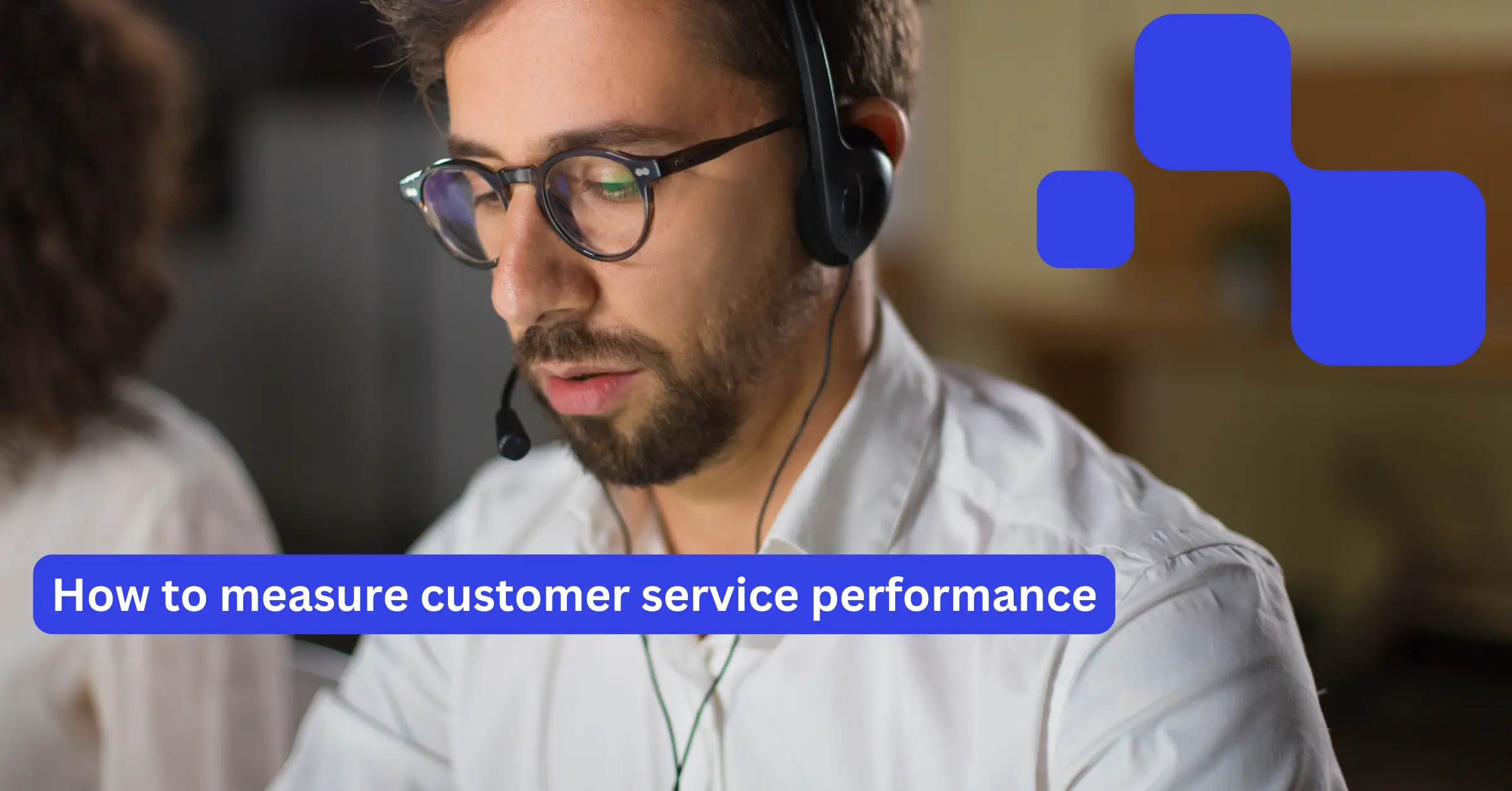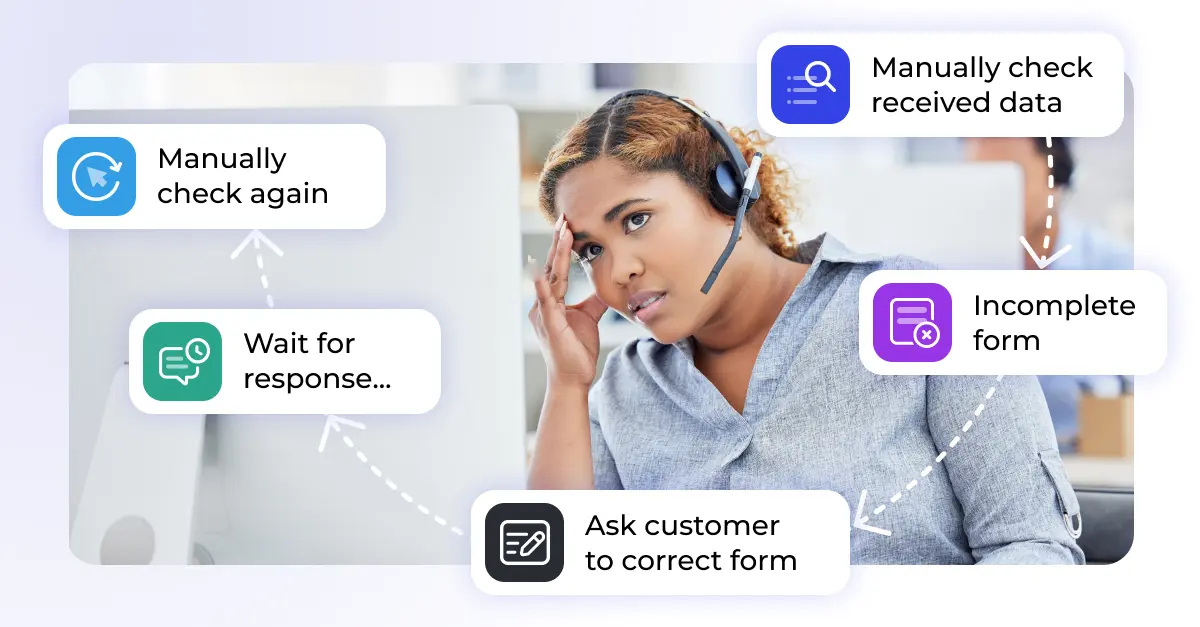As businesses navigate the complex landscape of data protection, ensuring compliance with laws like the General Data Protection Regulation (GDPR) and the California Consumer Privacy Act (CCPA) is critical. For organizations using Zendesk, understanding how the platform aligns with these regulations is essential to maintaining trust and avoiding hefty fines.
GDPR and Zendesk: Key Considerations
The GDPR, which applies across the European Union, mandates strict guidelines for how personal data is collected, stored, and processed. Under GDPR, Zendesk is classified as a “data processor,” meaning it processes personal data on behalf of its customers, who are the “data controllers.” This distinction is important because while Zendesk provides the tools for compliance, the ultimate responsibility lies with the data controllers – the businesses using Zendesk.
Zendesk offers several features to help businesses meet GDPR requirements. These include:
- Data Subject Access Requests (DSARs): GDPR grants individuals the right to access their personal data. Zendesk enables businesses to respond to these requests by allowing administrators to extract and export user data efficiently.
- Right to Erasure: Also known as the “right to be forgotten,” this provision allows individuals to request the deletion of their data. Zendesk supports this through both “soft delete” and “hard delete” functions, with the latter permanently removing data from the system.
- Data Minimization and Purpose Limitation: Zendesk helps organizations minimize the data they collect, ensuring it’s only what is necessary for specific purposes, in line with GDPR’s principles.
Additionally, Zendesk provides tools to anonymize or pseudonymize data, adding an extra layer of security and compliance. For instance, its manual data redaction feature allows sensitive information to be automatically redacted from tickets, ensuring that personal data is not unnecessarily exposed within support interactions. For more on this subject, visit Zendesk and DataGuidance.
Is your AI GDPR compliant? Find out how to stay in control of your AI data privacy.
Navigating CCPA Compliance with Zendesk
The CCPA, which is applicable to businesses handling data from California residents, focuses on providing consumers with greater control over their personal information. The CCPA introduces concepts such as the right to know what personal data is being collected, the right to delete personal data, and the right to opt-out of the sale of personal data.
Zendesk aligns with CCPA requirements in several ways:
- Right to Know: Zendesk allows businesses to provide California consumers with information about the categories and specific pieces of personal information collected, as required by the CCPA.
- Right to Delete: Similar to GDPR, Zendesk’s deletion features support the CCPA’s right to deletion, enabling businesses to remove consumer data upon request.
- Do Not Sell: While Zendesk itself does not sell personal data, it provides functionalities that help businesses comply with the CCPA’s opt-out provisions, such as not sharing personal data with third parties without explicit consent.

One of the significant updates with the California Privacy Rights Act (CPRA), an amendment to CCPA, is the extended responsibility it places on businesses regarding data retention and purpose limitation. Zendesk assists in this by allowing organizations to set data retention policies, ensuring that personal information is not kept longer than necessary. If you want to find out more about the CCPA & CPRA, visit CustomerLabs CDP, InfoTrust provides insights on the relation of CCPA and GDPR .
Best Practices for Zendesk Users
For businesses using Zendesk, here are some best practices to ensure compliance with GDPR and CCPA:
- Conduct Regular Audits: Regularly review your data handling practices to ensure compliance with GDPR and CCPA. This includes verifying that your data processing activities align with the legal bases outlined by these laws.
- Leverage Zendesk’s Tools: Make full use of Zendesk’s privacy and compliance features, such as data anonymization, redaction, and secure data storage.
- Stay Informed: Data protection laws evolve, so it’s crucial to stay updated on changes to regulations and how they might impact your compliance strategies.
- Document Compliance Efforts: Keep detailed records of how your organization uses Zendesk in compliance with GDPR and CCPA. This documentation can be invaluable if your business is ever audited.
By understanding and utilizing Zendesk’s compliance features, businesses can not only adhere to GDPR and CCPA regulations but also build stronger relationships with their customers through transparent and secure data practices.
For more detailed guidance, go to Zendesk’s official documentation on GDPR and CCPA compliance.
Conclusion
Ensuring GDPR and CCPA compliance is not just about meeting regulatory requirements—it’s about building trust with your customers by safeguarding their personal information. Zendesk offers robust tools to help businesses navigate these complex data protection laws effectively. By leveraging features like data redaction, secure storage, and controlled data deletion, organizations can stay compliant while maintaining operational efficiency.
For a more in-depth look at why redaction is a must for Zendesk users, check out this blog post. If your busines seeks to enhance your compliance efforts further, Knots offers specialized apps designed to automate critical aspects of data management.
- The AI Ticket Redaction app helps automatically redact sensitive information from support tickets, ensuring that no personal data is exposed inadvertently.
- The Redact Attachments app allows for secure removal of sensitive data within attachments, while
- the Ticket Export app facilitates compliant archiving and exporting of ticket data.
These tools not only streamline the compliance process but also reduce the risk of human error, making it easier for your business to adhere to both GDPR and CCPA regulations.







